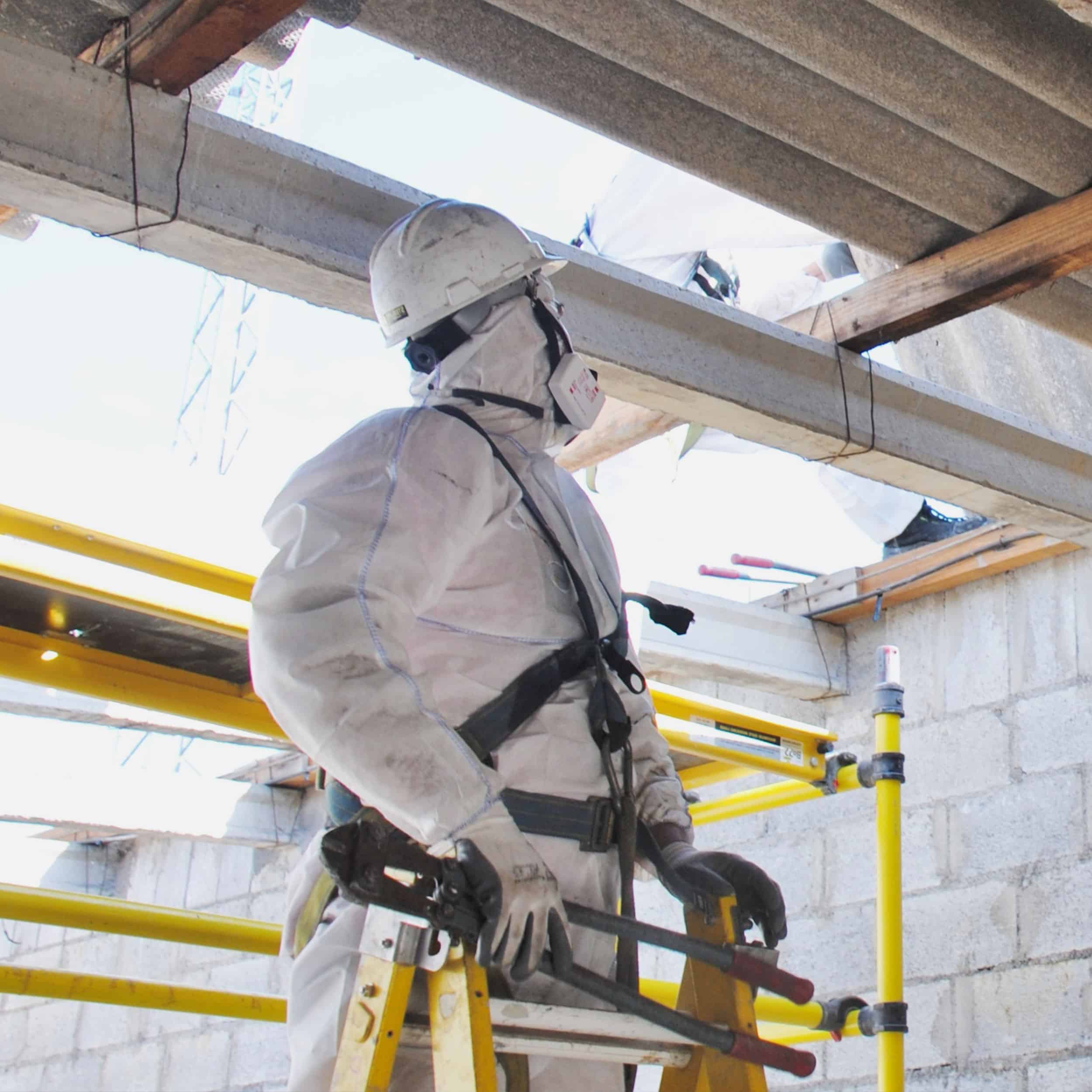Sometimes, chemicals in emissions do not always need to be directly harmful to demand regulation. There are often secondary effects that are still potentially harmful.
For example, the U.S. Environmental Protection Agency (EPA) recently released new sulfur regulations that will apply to oil refineries that produce gasoline. According to an article in the New York Times, when sulfur burns in gasoline, it ends up blocking the pollution-control equipment that is mandatory in vehicles. As a result, these cars release significantly more emissions than they are supposed to.
Tailpipe emissions have long been linked to respiratory issues like lung disease, asthma, emphysema and chronic bronchitis. They are also sometimes connected to an increased risk of heart problems and premature births and deaths.
The EPA concedes that this rule is likely to increase the price of gasoline by "about two-thirds of one cent per gallon," since oil refineries will be required to install equipment that will clean sulfur from their fuel. It may also boost car prices by an estimated $75, since automakers will also have to install new engine technology. However, the agency argues that the costs will be significantly outweighed by the benefits of cleaner air. In fact, it believes that the rule will prevent between 700 and 2,000 premature deaths every year, as well as numerous costly hospitals admissions.
"There is no other regulatory strategy that is as important from a health standpoint, in the foreseeable future," S. William Becker, director of the National Association of Clean Air Agencies, said in a statement.
High-traffic states to benefit from new regulation
In states like New Jersey, which is highly populated with drivers, the EPA's recent move is expected to make a significant difference. Currently, the state does not meet federal standards for smog levels.
Monica Mazurek, an air pollution researcher at Rutgers University, told The Record that the rules were "good news for New Jersey."
"It is one of the highest-populated regions and is the land bridge with major transportation corridors and arterial highways that travel through many towns and cities throughout the state," she added.
And populous Eastern states are not the only beneficiaries. Utah Governor Gary Herbert told the Times that mountain weather patterns actually trap tailpipe smog around Salt Lake City longer than usual. He added that the end result is several days of "gunky air that rivals L.A."
Industry argues that transition will be difficult
Many industry players believe that this regulation will be much harder to enforce than previous rules on smog. Though oil refineries have successfully eliminated about 90 percent of sulfur from their gasoline, they argue that this is the easy part.
"This will require a whole new level of investment to scrub out the last bits of sulfur, which is a naturally occurring component of petroleum products," James Benton, a representative with the New Jersey Petroleum Council, told The Record. "We're concerned because we've already been investing to reduce sulfur, and the benefits have yet to be realized. These new rules will significantly increase the costs of energy."
Companies affected by these new rules may be able to reduce the cost of complying with federal environmental regulations and avoid potential liabilities by working with environmental consultants.


